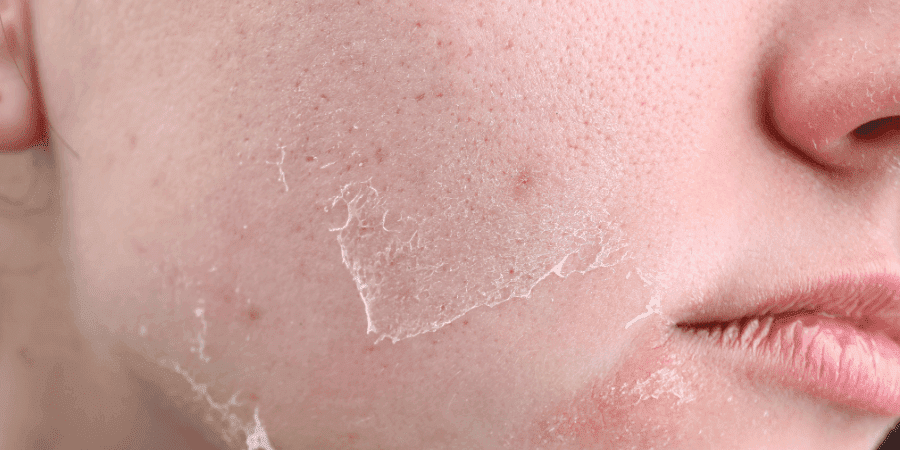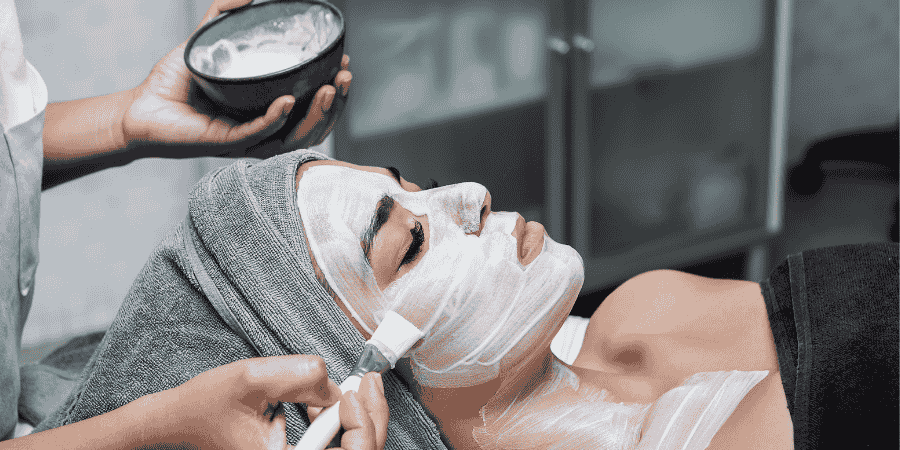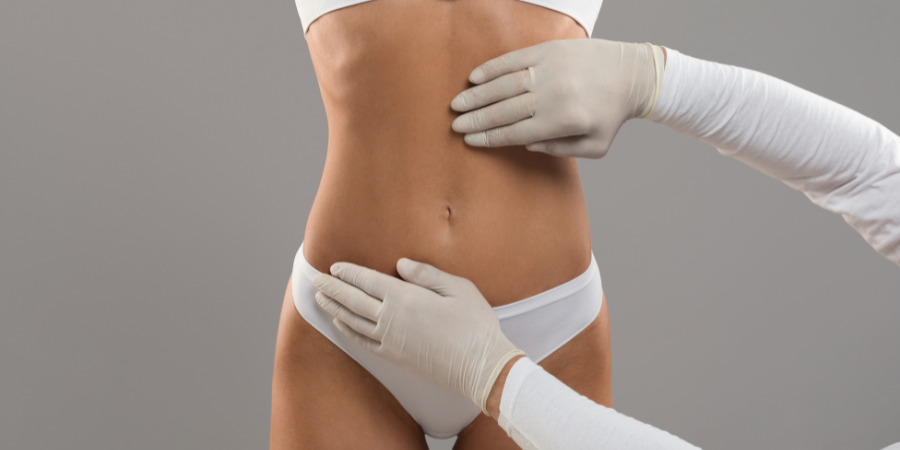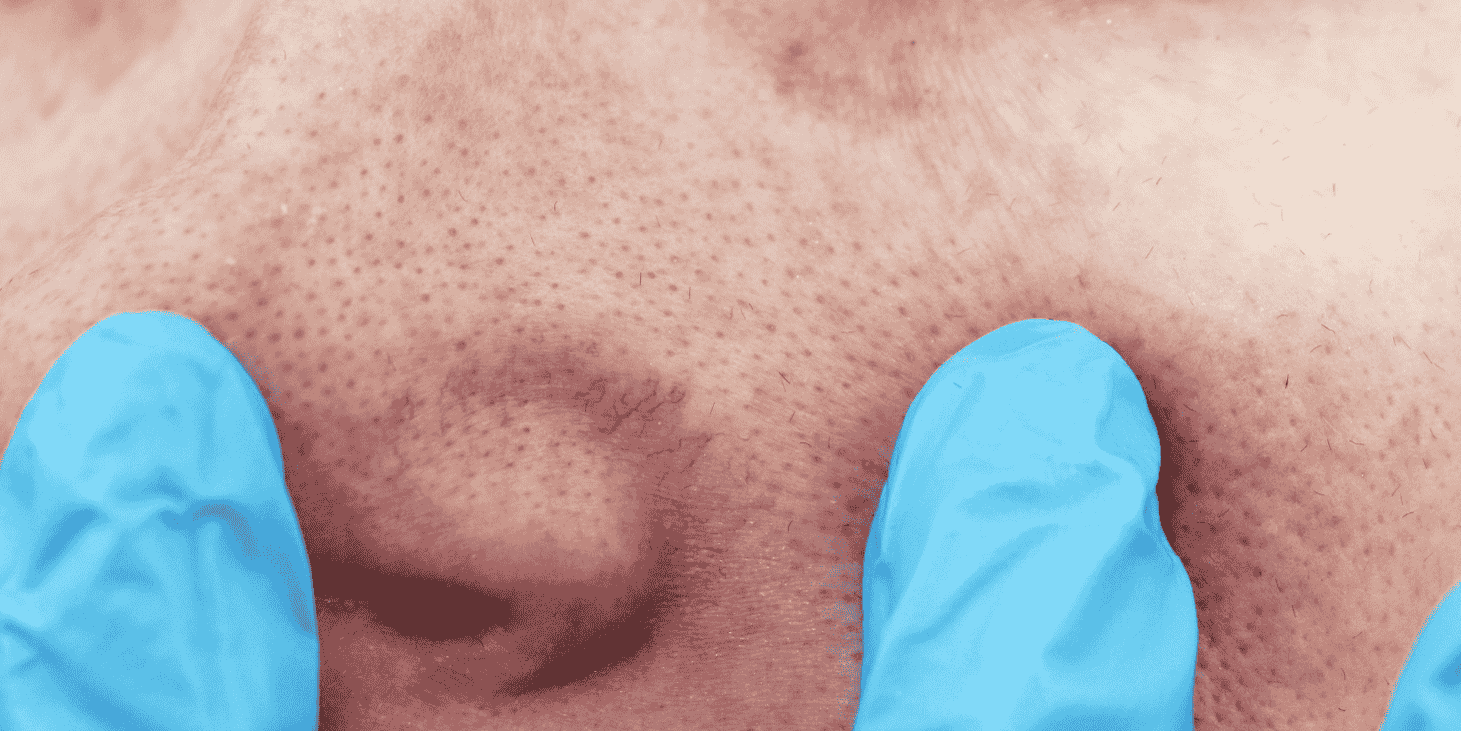Few skincare ingredients have earned the lasting reputation of retinoids. Treating everything from wrinkles and acne to texture and pigmentation, for decades retinoids continue to be a staple for their proven benefits.
Retinoids are a class of compounds derived from vitamin A, known for their ability to promote cell turnover, reduce acne and signs of ageing, and improve skin texture. As much as we hear about them, the world of retinoids can feel like a maze of complex terminology and skincare options. Retinol, retinaldehyde, retinoic acid... what do they all mean, and how do you choose the right one for you? We’re here to demystify retinoids. We'll break down the different types, their benefits, and how one of skincare’s most powerful ingredients works.
Retinoids come in different strengths and forms, ranging from over-the-counter products to prescription treatments. No matter which type you choose, they all need to be converted into retinoic acid, the active form that delivers results, once they come into contact with skin enzymes. The difference between these types is how many conversion steps are needed to turn them into retinoic acid. Generally, the fewer the steps, the more potent the product.
The Different Types of Retinoids
Retinoic acid (or tretinoin): This prescription-only form is pure retinoic acid, meaning it works immediately on the skin, not needing to be converted. Because it's potent, it can also be irritating, especially for beginners. Other types of prescription-only retinoids are Adapalene, Tazarotene and Trifarotene.
Retinaldehyde (or retinal): One step away from retinoic acid, retinaldehyde is more powerful than retinol but less likely to cause irritation than tretinoin. It’s a great option if you’re ready to level up from retinol.
Retinol: The most widely used over-the-counter retinoid. Retinol converts to retinoic acid in two steps. This makes it gentler and suitable for most skin types. Consistent use can yield great results for fine lines, acne, and texture.
Granactive retinoid (or hydroxypinacolone retinoate): This newer form is gaining popularity for its efficacy with less irritation. It binds directly to retinoic acid receptors in the skin and only requires one conversion step, making it a promising option for those with sensitive skin. Also available over-the-counter.
Retinyl esters: The mildest form of over-the-counter retinoids, retinyl esters require three steps to convert to retinoic acid. They are ideal for beginners or those with very sensitive skin. The three primary ones are retinyl palmitate, retinyl acetate and retinyl propionate.
Retinoids work by accelerating cell turnover and promoting the production of essential skin proteins. Here’s a breakdown of how they function:
Boosting cell turnover
Retinoids increase the rate at which skin cells regenerate. Normally, dead skin cells shed and new cells rise to the surface over about 28-40 days. Retinoids speed up this cycle, bringing fresh cells to the surface more quickly, which helps smooth texture and unclog pores.
Stimulating collagen production
Collagen is the protein responsible for keeping skin firm and plump. As we age, collagen production slows, leading to fine lines and loss of elasticity. Retinoids stimulate the production of new collagen, helping to firm and strengthen the skin.
Inhibiting excess melanin production
Retinoids help fade pigmentation, such as sun spots and post-inflammatory hyperpigmentation, by inhibiting the activity of melanin-producing cells. This promotes a more even skin tone over time.
Preventing clogged pores
Retinoids have a keratolytic effect, meaning they help break down keratin (a protein that can build up and clog pores). By preventing this build-up, retinoids reduce the risk of breakouts and help manage acne.
Strengthening the skin barrier
With consistent use, retinoids can improve skin barrier function by promoting the production of ceramides and other lipids, which help the skin retain moisture and resist environmental stressors.
Reducing inflammation
In some cases, retinoids can help reduce inflammation in the skin, making them beneficial for conditions like acne and some forms of dermatitis.
How long does it take to notice results from using a retinoid?
Retinoids generally take time to show visible results.
Within 4-6 weeks: You may notice subtle changes, such as smoother skin and a brighter complexion. Some people might experience mild purging (temporary breakouts) as the retinoid speeds up the shedding of skin cells.
8-12 weeks: Significant improvements, like reduced fine lines, more even skin tone, and less visible pores, often become noticeable. Hyperpigmentation may start to fade.
3-6 months or longer: For deeper improvements in wrinkles, skin firmness, and persistent acne, consistent use over several months is needed. Collagen remodeling, which retinoids stimulate, takes time to develop.
Introducing retinoids into your skincare routine can be transformative for your skin, but it requires a careful approach to avoid irritation. Start slowly by applying retinoids just once or twice a week initially, giving your skin time to adjust. As your tolerance builds, you can gradually increase usage to every other night or nightly. When applying, remember that less is more - a pea-sized amount is enough for your entire face. Be sure to apply it to clean, dry skin, avoiding sensitive areas like the corners of your eyes, mouth, and nostrils.
To minimise dryness and irritation, follow up with a hydrating moisturiser. If your skin is especially sensitive, try the “sandwich method,” applying moisturiser before and after your retinoid. Since retinoids increase sun sensitivity, daily sunscreen use with SPF 30 or higher is essential, even on cloudy days.
It’s important to be patient, as visible improvements can take several weeks or even months. Remember that overusing retinoids won’t speed up results, it will only increase the risk of irritation. Booking a consultation with a qualified dermatologist or aesthetic practitioner can make all the difference when introducing something new to your skincare routine. A professional can assess your skin type, concerns, and goals, helping you choose the right retinoid formulation and concentration. Book a consultation with one of our skin experts for an in-person assessment.








